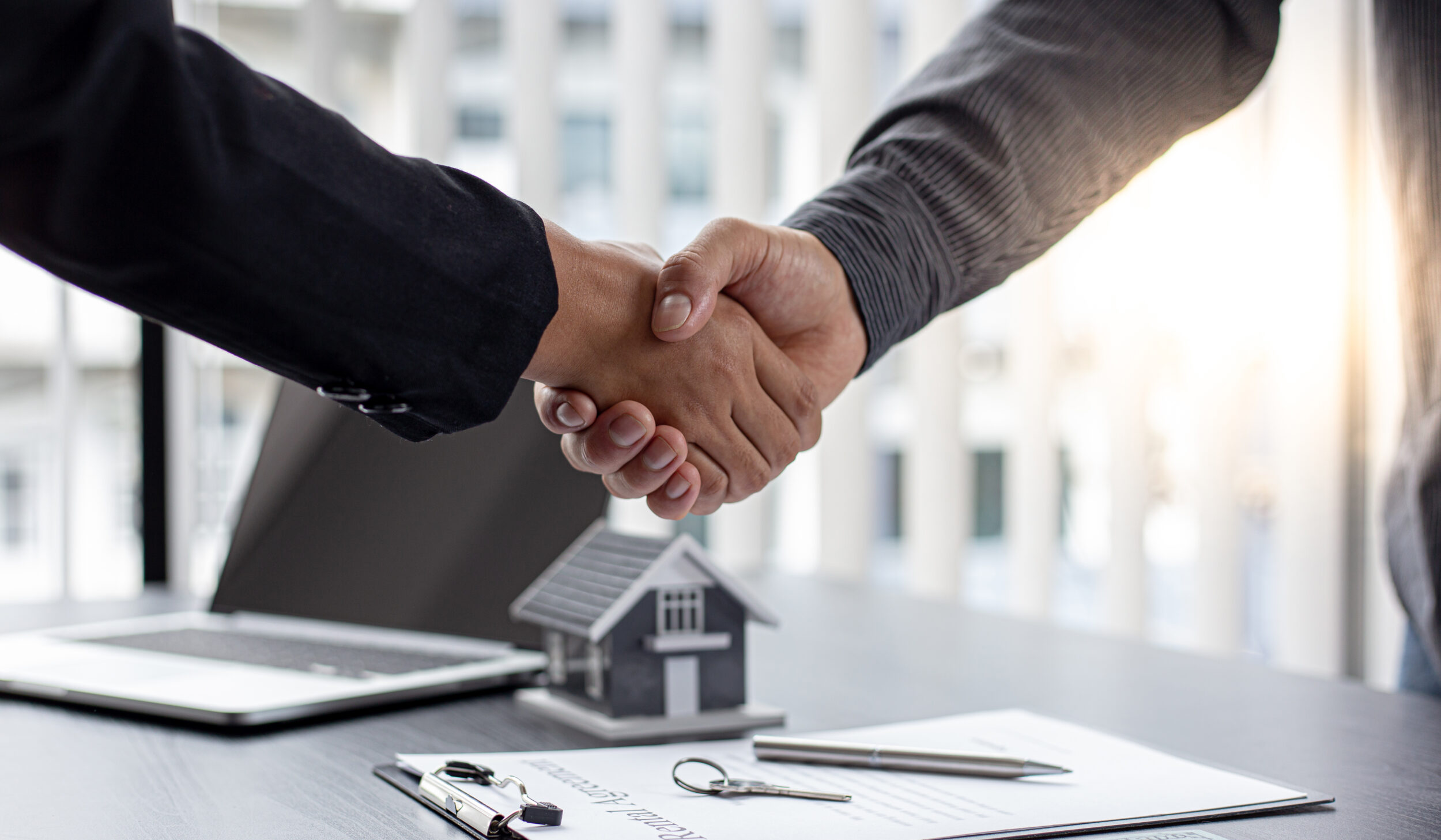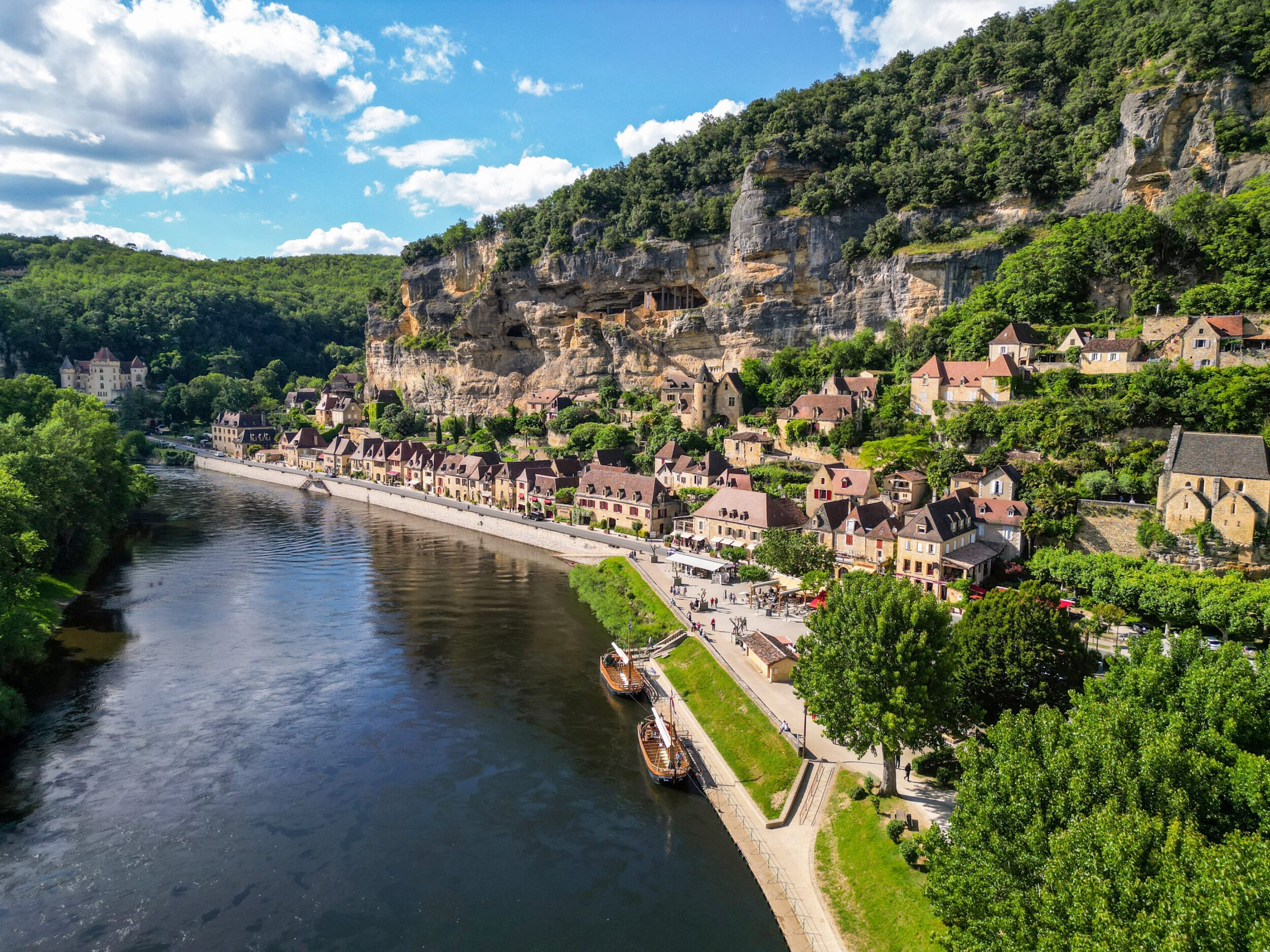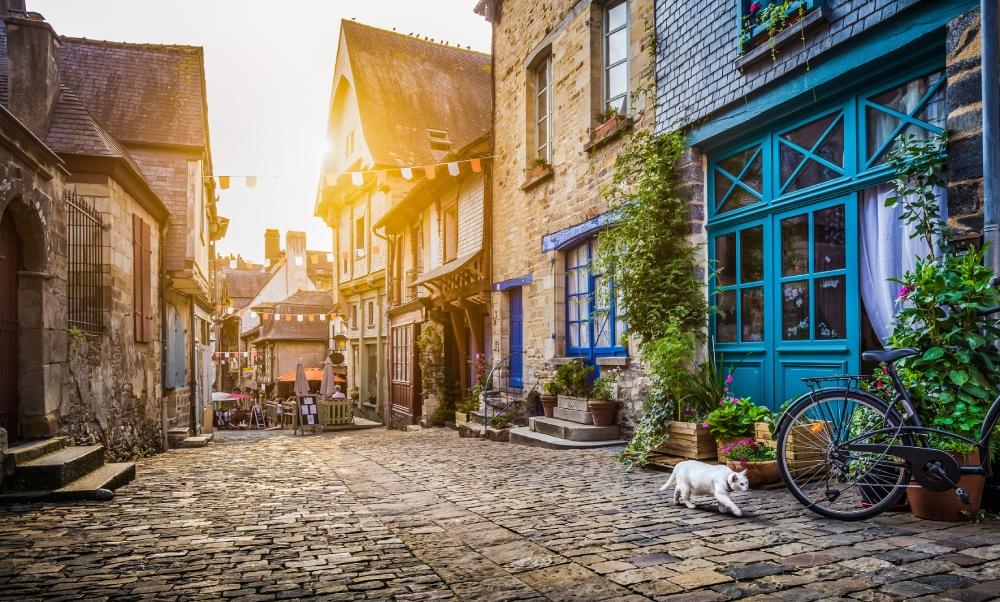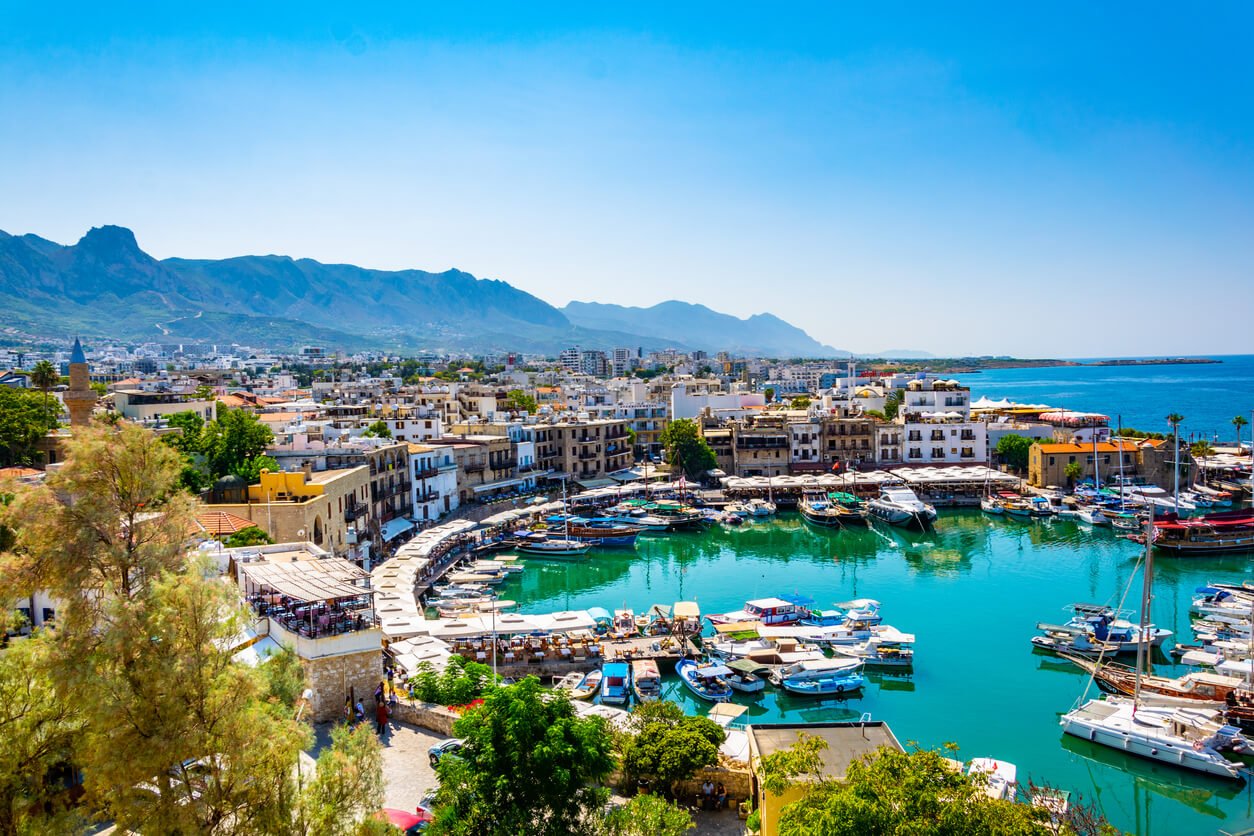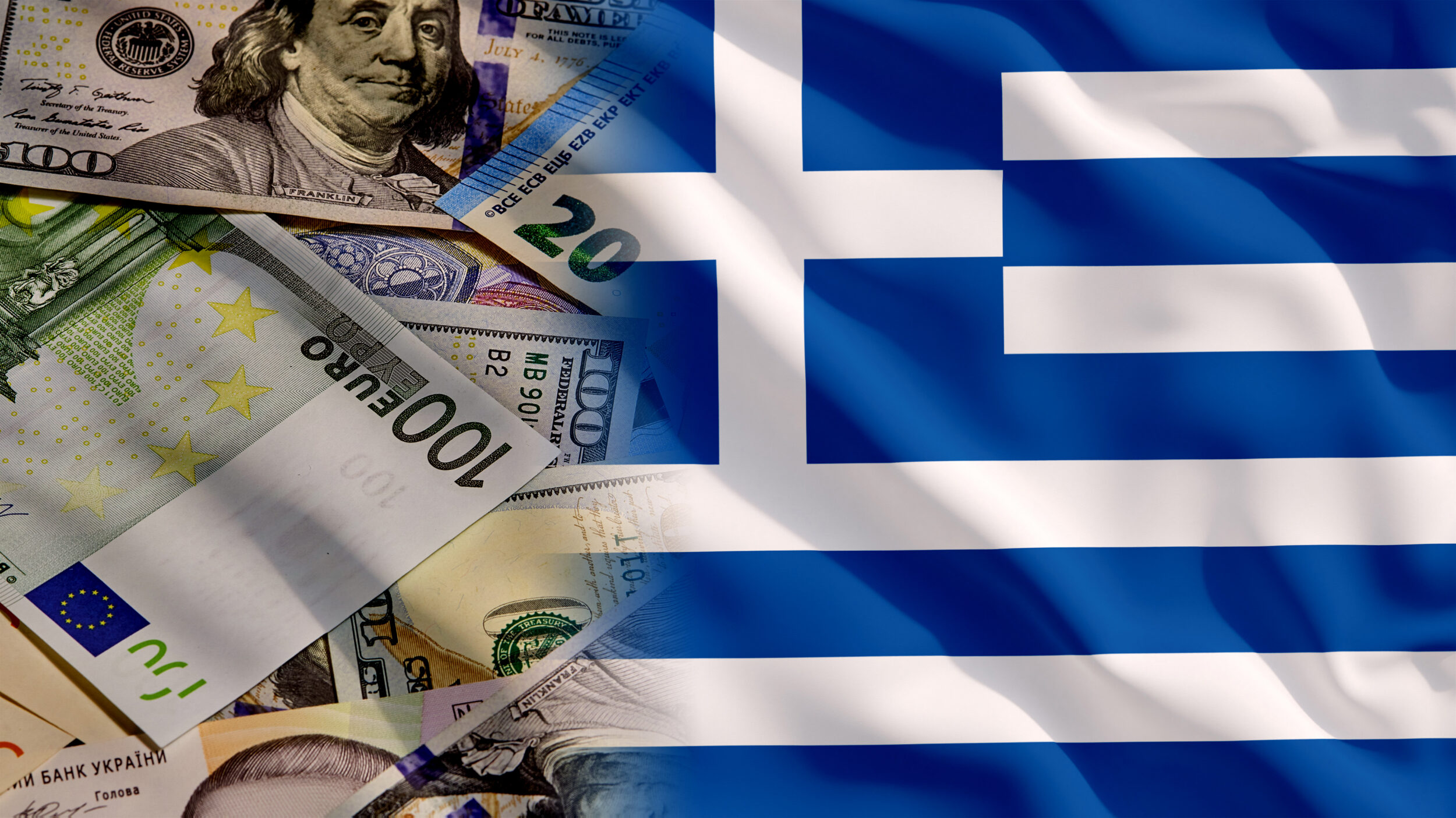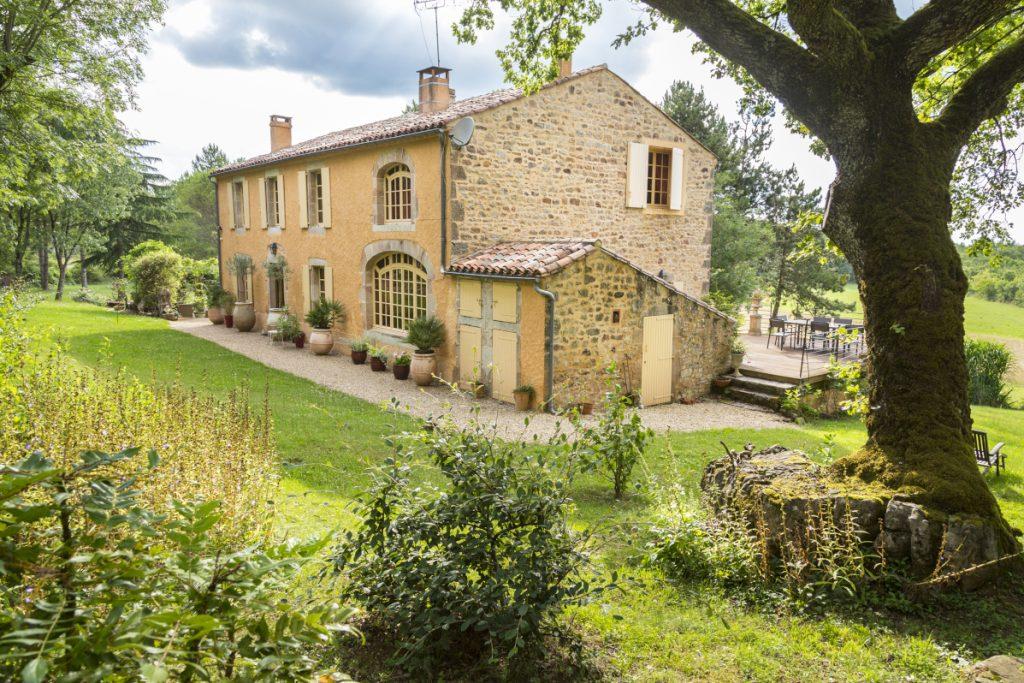
Various costs come with buying a property in France and if you don’t want to find yourself with some nasty surprises, it’s better to get informed before starting your big project. Remember, it’s not just the original sum you pay out for the property itself, but also the costs associated with the purchase and the taxes in the years to come. When you’re weighing up whether to buy, you also need to ask yourself what fees are there when buying a property in France?
Is buying a property in France a good investment?
One of the first questions to look at is checking whether buying is a good investment or not. Assuming that you’ve done your research and not bought a property with lots of hidden problems, buying a house in France can be a sound investment.
Compared to the UK, the average house price is much cheaper and you can get more for your money buying in France. An average semi-detached suburban house with a small garden will set you back around £230,000 while for a similar property in France you’d be looking at €160,000, which is currently just under £140,000.
However, although this can seem very appealing, you need to look into the other costs and fees before taking the next step – between notary fees, deposits and taxes, you may find that your project becomes less financially viable than you first thought.
You’ve found the property - what next?
Once you’ve found a property you like, and you have the available funds, you’re free to sign the compromis de vente, which is the sales agreement.
After signing the agreement, you have 10 days to reconsider.
However, once you have signed the agreement, and sent it to the notary, you’ll need to pay approximately 10% of the price as a deposit.
- Be careful, as the compromis de vente is legally binding in France, so if you want to back out of the sale after the 10-day period, you’ll lose your 10% deposit.
- If you’re taking out a mortgage with a French bank, you may also need to pay a deposit of 20% up front as well.
Should you have a solicitor?
Although having a solicitor isn’t obligatory, it might be a good idea, especially for foreign buyers. Unless you’re fluent in French, having an English-speaking solicitor could be helpful, as notaries don’t always speak English.
Another option is to work with an estate agent such as iad Overseas.
Our property advisors have been carefully selected for their excellent level of English and often advise foreigners on buying a property abroad.
They understand the process of buying and selling in another country and help make the process as smooth as possible.
Normally the agency fees are included in the house prices, and account for 4-10% of the price, depending on the agency.

Other costs to consider
Notary fees are a key cost to take into account. You’re obliged to use a notary to finalise the contract and depending on the property price, the fees can be quite high. Notary fees are approximately 7% of the property price.
To put that in context, for a property priced at €165,000, the notary fees would reach around €11,500 (currently just over £10,000). Many people ask why notary fees are so high in France.
To be fair to the notaries, the majority of this sum is designated for government taxes and fees, and obtaining the necessary paperwork to be sure that the property you are buying is legally sound.
The notaries themselves only keep a small percentage for their work and this is decided by the French state.
- It is usually the buyer who pays the notary fees – in some situations the seller may pay part of the fees if they are a professional or you’re dealing with a property developer.
- Stamp duty is included in the notary fees.

Property taxes in France
Once you’ve bought your property and paid the notary, there are also other charges to take into account. The taxe foncière or annual property owners’ tax was on average about €850 per household in 2021 – this figure depends on the district where the property is located as well as the size of the property and is similar to council tax in the UK .
You can set up monthly payments for this tax, rather than paying one lump sum.
Taxe d’habitation, or housing tax, is another annual payment for the people residing in the property. If, for example, you are renting out the property, the tenants will pay this. There is no comparable tax in the UK. The amount is means-assessed and as of 2023 this tax will no longer be payable if it concerns your primary residence.
VAT and Capital Gains Tax on French property
Regarding VAT on French property, this won’t concern you if you are an individual, as individuals are non-taxable and are not subject to VAT.
Otherwise, the rate of VAT is generally 20% and it’ll depend on the nature of the purchase.
Capital gains tax varies greatly depending on whether the property is your primary or secondary residence. If it’s your primary residence, there’s a high chance you’ll be exempt.
If it’s a secondary residence, the minimum rate is 19% and this increases depending on the gains. For more detail on capital gains, it’s strongly recommended to contact a specialist before buying.
So should you go ahead with the purchase?
This is a question only you can answer – buying a property in France can be a dream for many, but there are various costs that must be taken into account before signing a compromis.
However, once you’ve taken everything into consideration, you’re ready to take the big step!
- Having the help of an English-speaking specialist is a good idea.
- Notary fees will account for an extra 7% on top of the purchase price.
- Remember you’ll have different annual taxes to take into account after the purchase as well as other taxes if you decide to sell.
